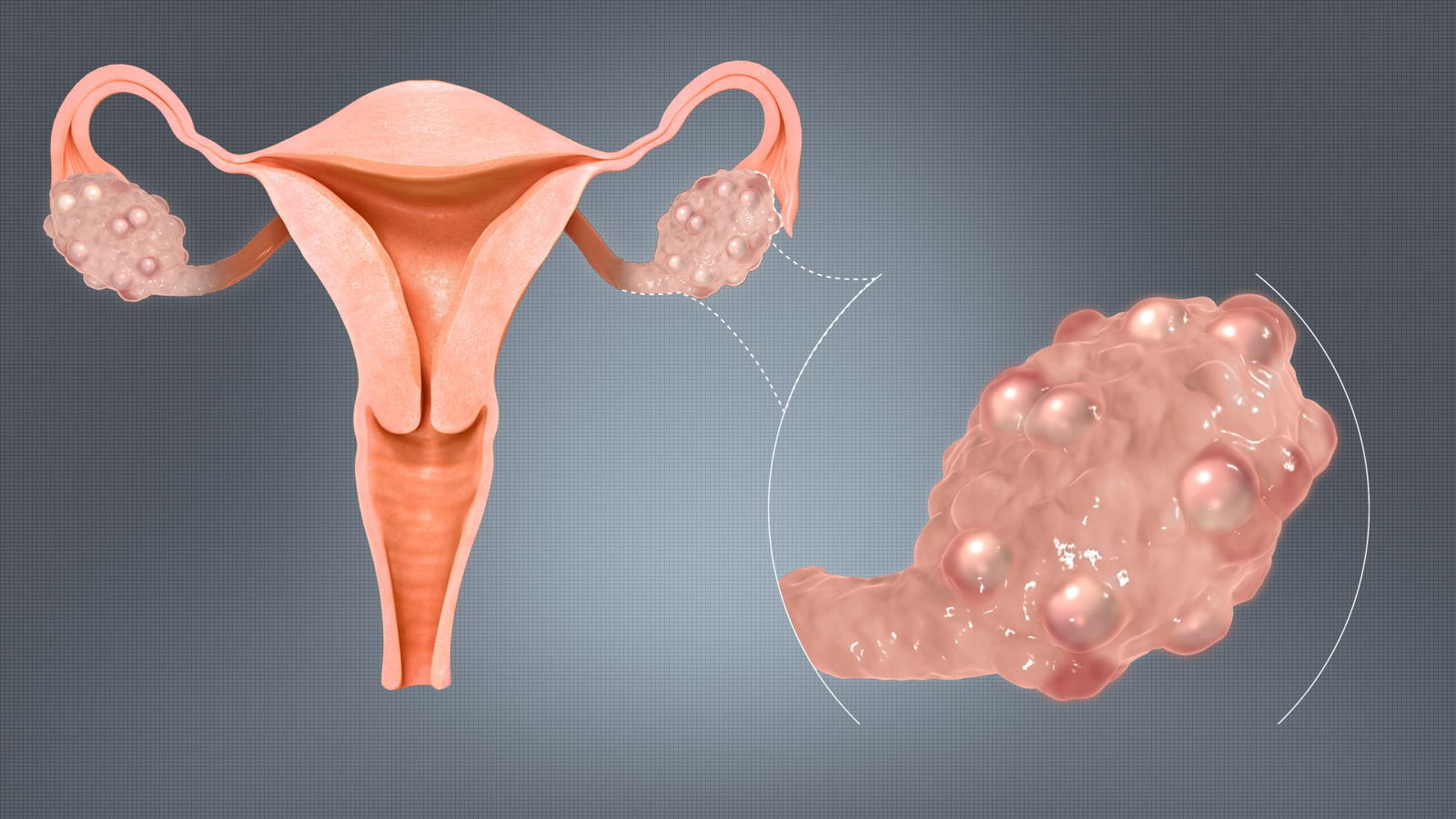Ovarian cancer, often dubbed the “silent killer,” is a significant health concern for women worldwide. In 2024, Canada reported approximately 2,800 new cases and 1,750 deaths due to this disease. Early detection is crucial, as it dramatically increases the chances of successful treatment. Contrary to its moniker, ovarian cancer does present early symptoms; recognizing them can be life-saving.
Understanding Ovarian Cancer
Ovarian cancer arises when cells in the ovaries develop malignant tumors. It’s most prevalent in post-menopausal women but is increasingly affecting those in their 30s and 40s. Detection is challenging due to the lack of reliable screening tests; Pap smears don’t detect it, and CA125 blood tests can yield false negatives. Symptoms are often subtle and mistaken for other conditions, leading to late-stage diagnoses.
Key Symptoms to Watch For

1. Persistent Bloating
Regular bloating can be common, especially around menstrual cycles or after certain meals. However, if you experience consistent bloating for more than three weeks, it could indicate tumor growth. Many women with ovarian cancer report feeling as though they’re pregnant due to the extent of bloating.
2. Lower Abdominal and Pelvic Pain
Menstrual cramps are familiar to many, but persistent pain in the lower abdomen or pelvic region that extends beyond your period and lasts over three weeks is concerning. Such discomfort, especially if it’s a new sensation, warrants medical attention.
3. Difficulty Eating or Feeling Full Quickly
A noticeable decrease in appetite or feeling full after consuming only a small amount of food, persisting for several weeks, can be a symptom of ovarian cancer. This change in eating habits is often overlooked but is significant.
4. Increased Need to Urinate
If you find yourself needing to urinate more frequently or urgently without changes in fluid intake, it could be a sign of ovarian cancer. This symptom results from a growing tumor pressing on the bladder.
These symptoms are often mistaken for gastrointestinal issues or other benign conditions. If you experience any of them persistently for more than three weeks, it’s essential to consult a healthcare professional. Early detection significantly improves treatment outcomes.
Awareness and proactive health monitoring are vital. Share this information with the women in your life to help recognize the early signs of ovarian cancer.
